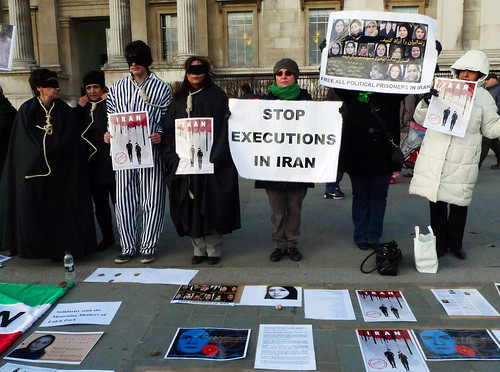
It is no secret that Iran has an image problem in the international arena. As part of a comprehensive campaign to regain credibility and improve its reputation on the world stage, the country is adopting a new approach to diplomacy that seems to extend well beyond the nuclear dossier. But President Rouhani’s attempts to remake the country’s foreign policy since his election last June have met with much suspicion, as many outside Iran fear that this leopard can’t change its spots.
Delegates in the UN General Assembly have been noticing a turnaround in the way that the country’s representatives engage with social, humanitarian, and human rights issues. In October, observers were taken aback by the palpable softening of Iran’s tone1 in the delegate’s reaction to the latest report of the UN Special Rapporteur on the human rights situation in Iran. In its statement, the Iranian representative to the Third Committee sounded conciliatory as she declared that “Iran emphasizes the need to use the momentum engendered by this election [of President Rouhani] to adopt a new and constructive approach by all relevant parties towards cooperation and dialogue for the promotion and protection of all human rights” adding that the “government does not claim that the situation of human rights within the country is perfect.”
